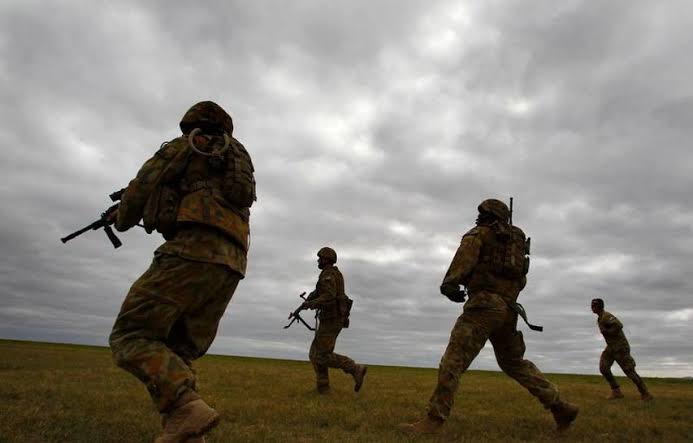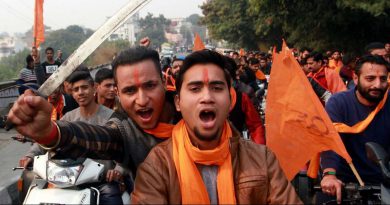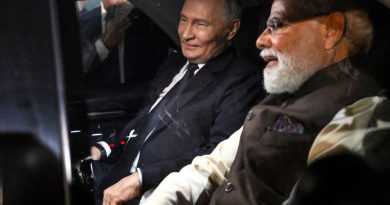Australian special forces allegedly killed 39 unarmed Afghans: report
Sydney (Reuters) – Australian special forces allegedly killed 39 unarmed prisoners and civilians in Afghanistan, with senior commandos reportedly forcing junior soldiers to kill defenceless captives in order to “blood” them for combat, a four year investigation found.
Australia said on Thursday that 19 current and former soldiers will be referred for potential criminal prosecution for allegedly killing the 39 Afghan locals.
Detailing the findings of a long-awaited inquiry into the conduct of special forces personnel in Afghanistan between 2005 and 2016, Australia’s General Angus John Campbell said there was credible information of 39 unlawful killings by 25 Australian Special Forces personnel in 23 separate incidents.
All of those kills were outside the “heat of battle”, Campbell said.
“These findings allege the most serious breaches of military conduct and professional values,” Campbell told reporters in Canberra.
“The unlawful killing, of civilians and prisoners is never acceptable.”
The report said the majority of those killed, which included prisoners, farmers and other Afghan locals, were captured when they were killed and therefore protected under international law.
Following the recommendations of the report, Campbell said 19 current and former members of Australia’s military will be referred to a soon-to-be appointed special investigator to determine whether there was sufficient evidence to prosecute.
Australia’s Minister for Defence Linda Reynolds said last week that Canberra had been advised that local prosecution would negate charges at the International Criminal Court at The Hague.
‘Blooding’
Australian Prime Minister Scott Morrison had earlier warned the report would include “difficult and hard news for Australians”, but few expected some of the most shocking revelations.
While the report was heavily redacted, it included allegations that senior special forces personnel ordered the killing of unarmed Afghans.
“There is credible information that junior soldiers were required by their patrol commanders to shoot a prisoner, in order to achieve the soldier’s first kill, in a practice that was known as ‘blooding’,” the report read.
Once a person had been killed, those allegedly responsible would stage a fight scene with foreign weapons or equipment to justify their action, the report concluded.
The actions did not immediately come to light due to what the report concluded was a culture of secrecy and compartmentalisation in which information was kept and controlled within patrols.
The veil of secrecy was a key reason that the allegations took so long to come to light.
Although it has been the subject of rumour, Australia’s official investigation only began after the publication of classified documents about alleged war crimes in Afghanistan.
A former military lawyer, David McBride, has been charged with providing the classified papers to the Australian Broadcasting Corp. He admits that he supplied the papers, but says it is in the national interest.
The four-year inquiry was conducted by New South Wales state Judge Paul Brereton, who was appointed by the Inspector-General of Defence in 2016 to investigate rumours of war crimes in Afghanistan between 2003 and 2016.
The inquiry examined more than 20,000 documents and 25,000 images, and interviewed 423 witnesses under oath.
The report recommended Canberra should compensate victims’ families even without a successful prosecution.
Campbell said he would seek to revoke citations for special operations task groups that served in Afghanistan between 2007 and 2013.
The release of the report came after Morrison spoke with Afghan President Ashraf Ghani.
“The Prime Minister of Australia expressed his deepest sorrow over the misconduct by some Australian troops in Afghanistan,” Ghani’s office wrote on Twitter.
Australia has had troops in Afghanistan since 2002 as part of the U.S.-led coalition fighting the Taliban militia.
Australia has about 1,500 troops remaining in Afghanistan.



